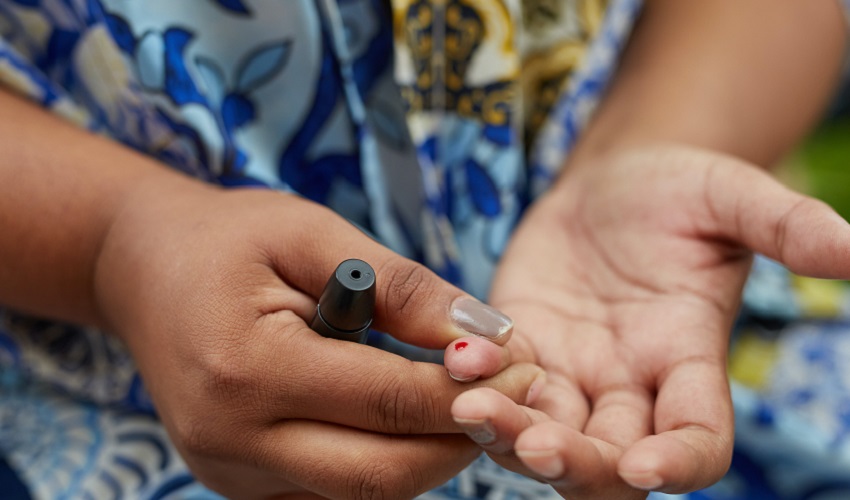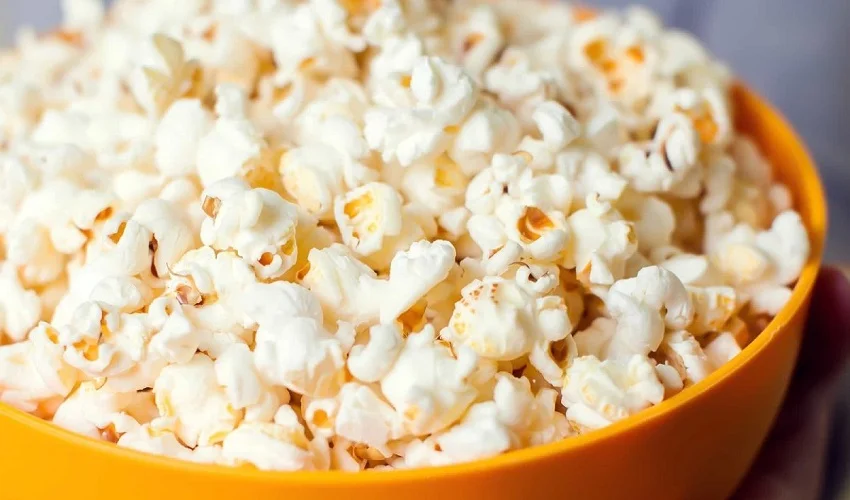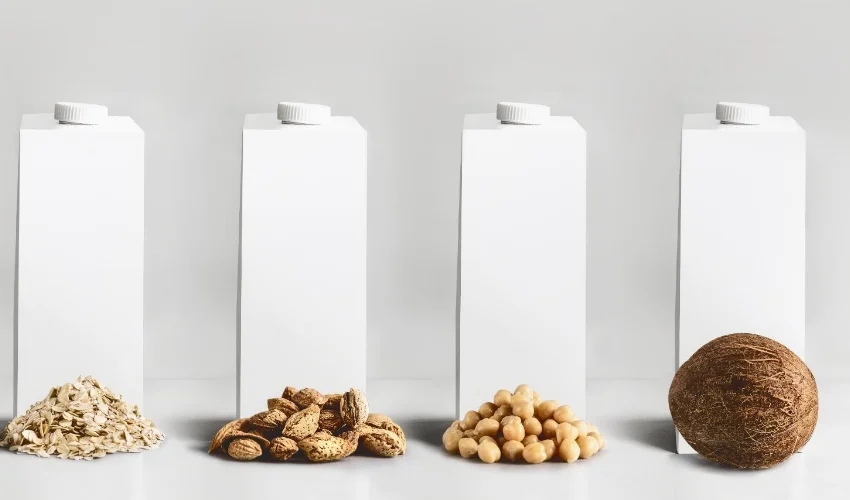Living with diabetes can be challenging, but with the right approach to monitoring and self-care, individuals with Type 2 diabetes can significantly improve their quality of life. Care4Sugar is dedicated to providing comprehensive resources and support for those with diabetes and their caregivers. In this article, we will explore the importance of diabetes monitoring and self-care, and how they can work together to empower individuals to take charge of their health. Let’s delve into the essential aspects of diabetes management and how it can positively impact daily life.
Understanding Diabetes Monitoring
Monitoring blood glucose levels is a fundamental aspect of diabetes management. It allows individuals to track their blood sugar levels regularly, enabling them to make informed decisions about their diet, medication, and physical activity. Regular monitoring empowers individuals to understand how various factors, such as food choices and stress, impact their blood glucose levels.
Importance of Blood Glucose Monitoring
Blood glucose monitoring is essential for several reasons:
Medication Adjustment: Regular monitoring helps individuals and their healthcare providers make necessary adjustments to medication dosages. This ensures that blood glucose levels remain within the target range.
Preventing Complications: Consistently elevated blood glucose levels can lead to serious complications, such as nerve damage, kidney problems, and vision issues. Monitoring helps identify potential problems early on, reducing the risk of complications.
Understanding Triggers: By monitoring blood glucose levels in relation to daily activities and meals, individuals can identify patterns and understand which factors influence their blood sugar levels the most.
Self-Monitoring of Blood Glucose (SMBG)
Self-monitoring of blood glucose (SMBG) is a common approach to diabetes monitoring. It involves using a glucose meter to check blood sugar levels at home. SMBG is convenient and empowers individuals to take an active role in managing their diabetes.
Self-monitoring involves pricking a finger with a lancet to obtain a small drop of blood, which is then placed on a test strip inserted into the glucose meter. The meter displays the blood glucose level within seconds. By monitoring blood glucose levels regularly, individuals can identify trends and adjust their self-care routine accordingly.
Continuous Glucose Monitoring (CGM)
Continuous Glucose Monitoring (CGM) is a newer technology that provides real-time readings of blood glucose levels throughout the day. CGM devices use a sensor inserted under the skin to monitor glucose levels automatically. This data can be accessed through a smartphone or dedicated device. CGM offers more detailed insights into glucose trends and helps individuals make timely adjustments to their lifestyle.
Unlike SMBG, CGM provides continuous data, offering a more comprehensive picture of blood glucose fluctuations. CGM devices can also set alarms to alert users when blood glucose levels are too high or too low, providing an additional layer of safety.
The Role of Self-Care in Diabetes Management
In addition to monitoring blood glucose levels, self-care plays a crucial role in managing diabetes effectively. Self-care encompasses various lifestyle choices and activities that individuals can adopt to improve their overall health and well-being.
Healthy Eating Habits
A balanced and nutritious diet is essential for managing diabetes. Eating a variety of nutrient-dense foods helps regulate blood glucose levels and supports overall health. Here are some dietary tips for diabetes management:
Carbohydrate Management: Carbohydrates have the most significant impact on blood glucose levels. Individuals with diabetes should be mindful of their carbohydrate intake and focus on consuming complex carbohydrates found in whole grains, fruits, and vegetables.
Portion Control: Controlling portion sizes is vital in managing blood glucose levels. Eating large portions, even of healthy foods, can lead to elevated blood sugar levels.
Fiber-Rich Foods: High-fiber foods, such as beans, legumes, and whole grains, can help slow the absorption of glucose and promote stable blood sugar levels.
Limiting Sugary Foods: Sugary foods and beverages should be limited or avoided as they cause rapid spikes in blood glucose.
Regular Physical Activity
Physical activity has numerous benefits for individuals with diabetes. It helps improve insulin sensitivity, lowers blood glucose levels, and promotes overall cardiovascular health. Engaging in regular exercise, such as walking, swimming, or cycling, can be highly beneficial.
Regular physical activity not only helps with blood glucose management but also aids in weight control, reduces stress, and improves overall well-being. It is essential to choose activities that are enjoyable and can be easily incorporated into daily life.
Stress Management
Stress can affect blood glucose levels, making it important to find effective stress management techniques. Chronic stress can lead to hormonal imbalances that impact insulin sensitivity, potentially leading to unstable blood sugar levels.
Practicing stress-reducing techniques, such as meditation, deep breathing exercises, yoga, or spending time in nature, can help individuals cope with stress more effectively.
Adequate Sleep
Getting enough restful sleep is essential for overall health, including diabetes management. Lack of sleep can disrupt insulin sensitivity and lead to higher blood glucose levels. Aim for 7-9 hours of quality sleep per night.
Maintaining a regular sleep schedule, creating a comfortable sleep environment, and practicing relaxation techniques before bedtime can contribute to better sleep quality.
Combining Monitoring and Self-Care: A Powerful Approach
Combining diabetes monitoring with self-care enables individuals to make data-driven decisions about their lifestyle choices. By analyzing blood glucose data and correlating it with their eating habits, physical activity, and stress levels, individuals can identify which aspects of their self-care routine are most effective.
Regular monitoring provides valuable information about how the body responds to different foods, activities, and stressors. This data empowers individuals to make informed decisions about their daily routines and helps healthcare providers offer personalized recommendations for better diabetes management.
Personalized Diabetes Management
Every individual’s response to diabetes management strategies is unique. While general guidelines for diet, exercise, and stress management are valuable, personalization is key to achieving optimal results. By combining monitoring and self-care, individuals can personalize their approach to suit their specific needs. This empowers them to find the most effective strategies for managing their blood glucose levels.
Personalization may involve adjusting meal plans based on individual glucose responses, tailoring exercise regimens to suit physical abilities, and finding stress-reducing techniques that resonate with each person’s lifestyle.
Preventing Highs and Lows
The combination of monitoring and self-care helps individuals prevent dangerous blood glucose fluctuations. Consistently high or low blood glucose levels can be harmful and lead to emergencies. Monitoring and self-care practices help individuals maintain stable blood glucose levels.
By consistently monitoring blood glucose levels and implementing self-care strategies, individuals can identify and address potential triggers that cause significant fluctuations. As a result, they can reduce the risk of hyperglycemia and hypoglycemia, enhancing overall well-being and minimizing diabetes-related complications.
The Impact on Quality of Life
Diabetes monitoring and self-care have a profound impact on the quality of life for individuals with Type 2 diabetes.
Enhanced Disease Management
By actively engaging in monitoring and self-care, individuals can effectively manage their diabetes, reducing the risk of complications and improving their overall health. Proper management of blood glucose levels can help prevent or delay the onset of diabetes-related complications, such as diabetic neuropathy, retinopathy, and nephropathy.
Additionally, managing diabetes well can lead to better control of other related conditions, such as high blood pressure and cholesterol levels, further contributing to improved overall health.
Increased Independence
Empowering individuals with the tools and knowledge to manage their diabetes fosters a sense of independence and control over their health. With the ability to make informed decisions about their diet, exercise, and stress management, individuals gain a greater sense of autonomy in their daily lives.
By taking an active role in their diabetes management, individuals can reduce their reliance on others and feel more confident in their ability to handle the challenges of diabetes.
Better Emotional Well-being
Managing diabetes can be emotionally challenging. Fear of complications, frustration with fluctuations in blood glucose levels, and the stress of maintaining a strict self-care routine can take an emotional toll.
However, monitoring and self-care practices can lead to better emotional well-being as individuals see the positive impact of their efforts. Understanding the connection between their actions and their blood glucose levels can instill a sense of control and empowerment. Additionally, the adoption of stress-reducing techniques can improve overall emotional resilience.
Combining diabetes monitoring with self-care is a powerful approach that enables individuals with Type 2 diabetes to take charge of their health and improve their quality of life. By using data-driven decision-making and personalizing their approach, individuals can effectively manage their blood glucose levels.
The impact on overall health, independence, and emotional well-being is significant. At Care4Sugar, we are committed to providing the necessary resources and support to help individuals thrive with diabetes. Remember, with the right tools and knowledge, you can live a fulfilling life while managing diabetes effectively.




